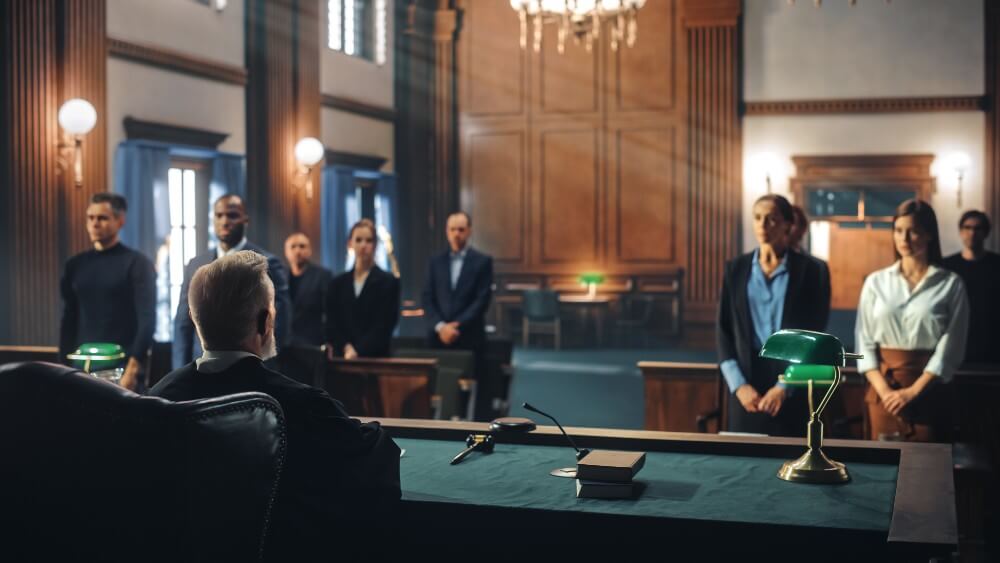Should I Record my Ex-Partner As Evidence?
It is now very easy to record conversations or events on your phone. It is common for ex-partners to record each other as a record for themselves or for family proceedings.
However, recordings are approached cautiously by the court in family law cases. In fact, recordings may be seen to reflect poorly on the person who made the recording or who has asked the court to consider it. Asking the court to consider recordings without following proper procedure could derail your case or result in you being ordered to pay the other party’s costs. It is therefore important to obtain advice from a legal expert on the specifics of your case before raising a recording in your evidence.
Recordings are most often relevant in family proceedings about child arrangements, but can also arise in proceedings about division of assets.
Will the court consider recordings I or my ex-partner have made?
The court will be slow to consider recordings as helpful evidence. This applies in particular if those recordings are covert, meaning that they are made without the other person’s knowledge. Judges have frequently commented negatively on covertly recording an ex-partner.
Should I send recordings I have made to the Family Court?
If recordings are going to be considered by the court, the court will want to know that all unedited recordings are released to both parties. This will mean that the recordings need to be sent to the other side well in advance of any hearing. It will also mean that legal costs are built up in both parties’ lawyers analysing the recordings. As a result, careful thought should be given to whether recordings are necessary in making your case.
Will the Family Court consider intimate recordings which help my case?
The court will be particularly cautious about “intimate” recordings. This generally means recordings of sexual content. These could be relevant in making or defending allegations of sexual abuse. However, not all relevant recordings will be necessary or appropriate for the court to consider. A specific application will need to be made to rely on any intimate recordings. This is because intimate recordings are particularly personal and usually intended to be private. It is also because an abuser may want to reveal them in court proceedings as a form of abuse designed to humiliate the other party. Very careful thought needs to be given to whether and how any intimate recordings are relevant to the issues the court is deciding. It is crucial to seek legal advice on these difficult questions.
Here to Help
If you need advice on any family matter, please get in touch with Tracey Dargan, Partner and Head of Family and Divorce.
Please note the contents of this article are given for information only and must not be relied upon. Legal advice should always be sought in relation to specific circumstances.

